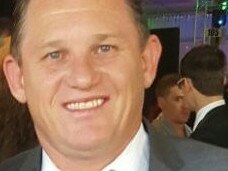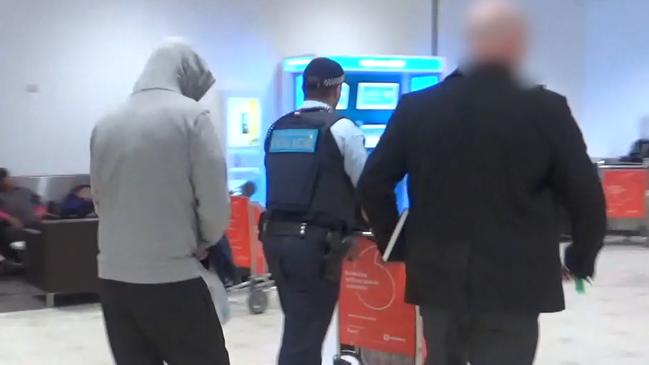David Campbell: Bail judgment for ACT businessman extradited from Serbia
Fresh details have emerged about one of Australia’s largest cocaine seizures, as a businessman who was extradited from Serbia to Australia had his bail bid denied in court.
Canberra Star
Don't miss out on the headlines from Canberra Star. Followed categories will be added to My News.
Fresh details have emerged about one of Australia’s largest cocaine seizures, as a businessman who was extradited from Serbia to Australia had both his bid for bail and a stay in proceedings squashed in court.
Canberra man David Campbell, aged in his 50s, appeared via videolink at Downing District Court after spending just over four years behind bars waiting to be tried over his alleged role in the importation of 1280kg of cocaine.
Campbell has entered not guilty pleas to one count of conspiring to import a commercial quantity of cocaine and one count of possessing a commercial quantity of unlawfully imported cocaine.
This morning, the court heard fresh details about Campbell’s alleged role in what was the second largest cocaine seizure in Australian history.
Campbell’s defence lawyer, Abbas Soukie, made two “entwined” applications on behalf of his client — the first for a temporary stay in proceedings and the second for bail.

Mr Soukie told the court his client has had difficulty accessing the brief of evidence needed to prepare for his trial while in custody.
But Judge Clive Jeffreys said he was “not satisfied” there is any “tangible risk in relation to the trial and preparation for the trial”.
Judge Jeffreys told the court Campbell has “the ability and capacity” to look at the alleged evidence while behind bars.
Delivering his judgment, Judge Jeffreys outlined sensational details about the circumstances leading up to Campbell’s dramatic extradition from Serbia.
The court heard Campbell was once the director of a steel company and is alleged to have played a role importing a commercial quantity of cocaine into Sydney by hiding the drug inside containers of prefabricated steel.
The prosecution will allege the street value of the cocaine was around $1.5 billion.

The court heard on April 3, 2017, Campbell allegedly hired a forklift for delivery and arranged the purchase of a van when one of the containers arrived in Australia, but he was told the other shipping container had been lost.
In October 2017, undercover operatives in New Zealand contacted the logistics company and indicated the missing container had been found, the court heard.
Police allege Campbell went to New Zealand where he confirmed ownership of the container and arrangements were made for the hand over of $3 million (in New Zealand currency) as payment for assistance.
From here, Campbell along with two co-accused, Rohan Arnold and Tristan Waters, allegedly travelled to Serbia to make further payments.
As previously reported, the three men were arrested in a dramatic gunpoint raid at a Belgrade hotel in January 2018.
Police seized just under $1 million in various currencies, mainly euros, from a bag the men had at the hotel.
After spending time in a Serbian prison, Campbell was extradited to Sydney on July 31, 2018, accompanied by Australian Federal Police officers.
Having been denied bail, Campbell will return to court for trial in April 2023.




